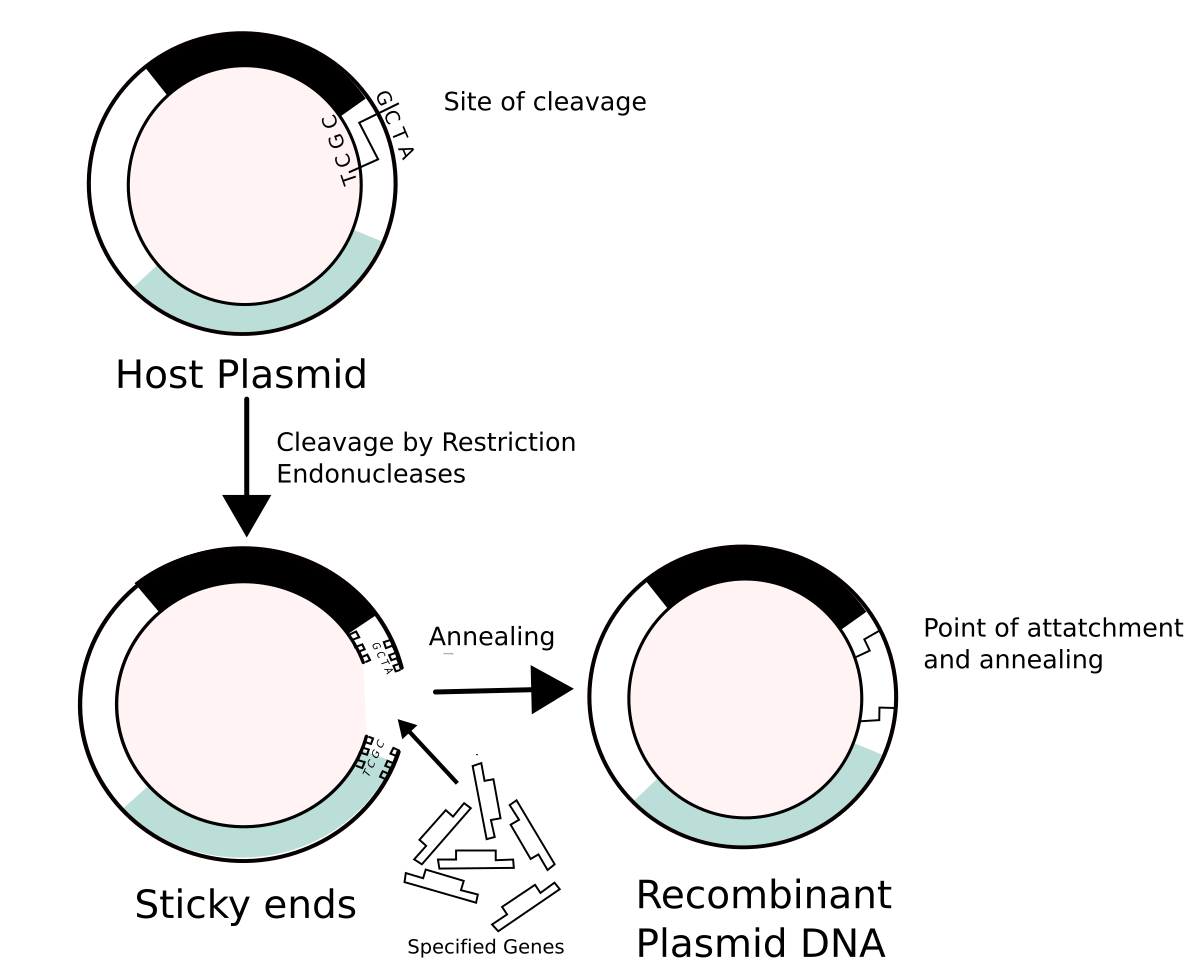This is all true - but describes the process of natural selection, which is only one part of what is called "evolution". The standard "proof" of evolution is exactly what you have done here (which you are repeating as you've heard it yourself, I'm not accusing you of bad logic, just repeating what you think is good logic):For instance, in humanity today we see darker skinned people along the equator and lighter skinned people in the more Arctic regions. Lighter skinned people do better at creating their own vitamin D when there's less sunlight and darker skinned people are less prone to sunburn and skin cancer in the brightest sunlight.
As humans migrated to these areas the individuals who were not already adapted to prosper in these areas did not prosper. But their lighter/darker skinned compatriots did. Eventually the populations in those areas were all light or dark.
As mutations occur in genetic code most of the mutations filter out of a population because they're not well suited to the environment at hand. But some mutations will be better suited and the progeny of those individuals who have those mutations will outcompete their peers who do not have what is now a genetic advantage.
1) Explain natural selection.
2) Show natural selection is real, by obvious examples.
3) Mention mutations, and show they can be selected for sometimes.
4) Assert that this means the whole evolutionary theory is real - without proving this vital and final point (or even realising it hasn't been proven).
Points 1-3 follow logically and are completely provable. Point 4 takes a massive leap, but it is not immediately obvious, so the argument is generally accepted as valid.
The leap is that evolution does not just require mutations that are beneficial, but mutations that add new information.
There are certainly mutations that are beneficial. E.g. albinoism (the lack of skin and hair pigmentation) - can be very beneficial for an animal that lives in the arctic. Or, for a fish that lives in the dark, a mutation that means the fish has no eyes will be beneficial - they weren't helpful in that environment, only something that could be injured, fish without eyes will be selected for. These are beneficial mutations - but do not add information, so they have no value in onward-and-upward progress of evolution.
You cannot transform a fish into an amphibian by losing information, only by gaining it.
Even mutations that at first appear to add features, can actually have lost information. For instance, penicillin resistance comes from a mutation that damages the gene that controls the production of penicillinase enzyme, so instead of producing small amounts of this enzyme (note importantly that the organism could already produce this enzyme, the mutation did not give them this ability), the organism produces far more than it would normally need. In most situations this would be a harmful, wasteful mutation, but when exposed to unnaturally large quantities of penicillin (in medicine) those organisms survive. So under repeated exposure to penicillin, resistance builds (as resistant organisms dominate the population) - but when no longer exposed, resistance falls away, because the more fit non-resistant normal organisms survive better, as they're not wasting energy producing all that penicillinase.
Every single example of a beneficial mutation ever given as an evolutionary proof, when closely examined, always turns out to involve the loss of information.
As @MemeFan pointed out, organisms can in some circumstances get information from other organisms - but again this is pre-existing information. It is not the invention of new structures. So it can help one bacterium change to be more like another - but does not progress evolution towards more complex forms.
And it is that new information which mutations can never provide. Information theory shows us this. Random changes cannot, and do not, create new information, new features, that did not exist before.
That vital point is ignored in all scientific "proofs" of evolution, because the moment it is taken account of, the whole argument falls over. Instead, atheistic evolutionists have blind faith that although it has never been observed, and contradicts information science, sometimes there are mutations that add information. Their whole theory rides on the faith that over and over again throughout history (not just once, but at every single tiny progressive step), a process has taken place that nobody has ever observed.
Theistic evolutionsts at least have the cop-out that they can claim "God did that bit". Atheists have to ignore it and pretend this major flaw in their argument doesn't even exist.
Last edited:


